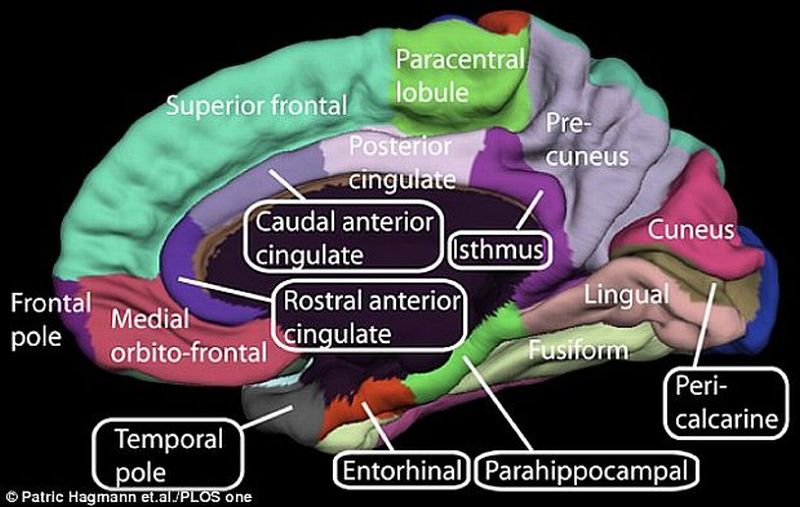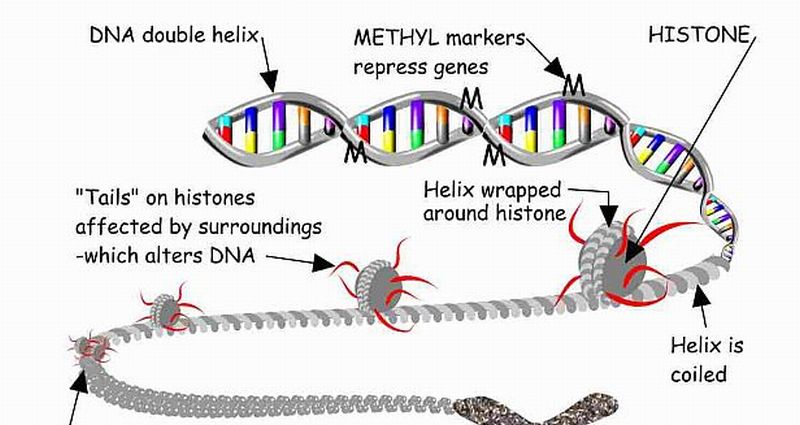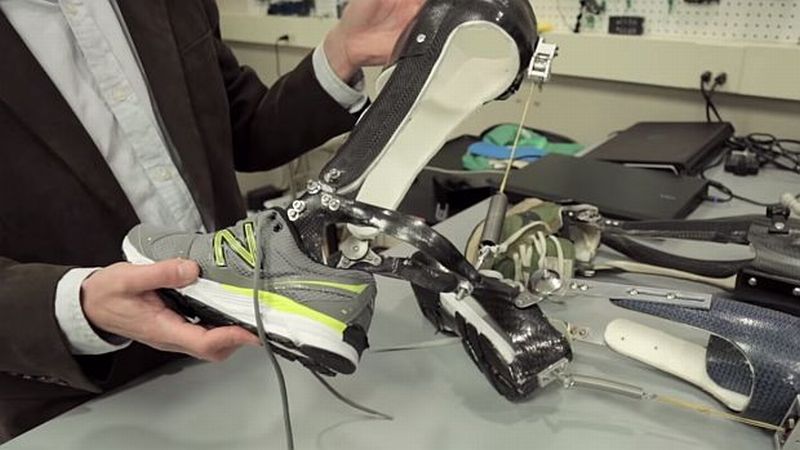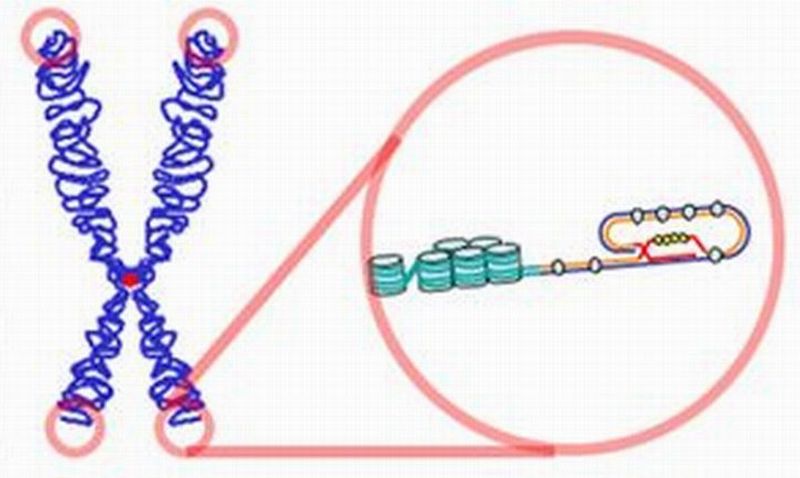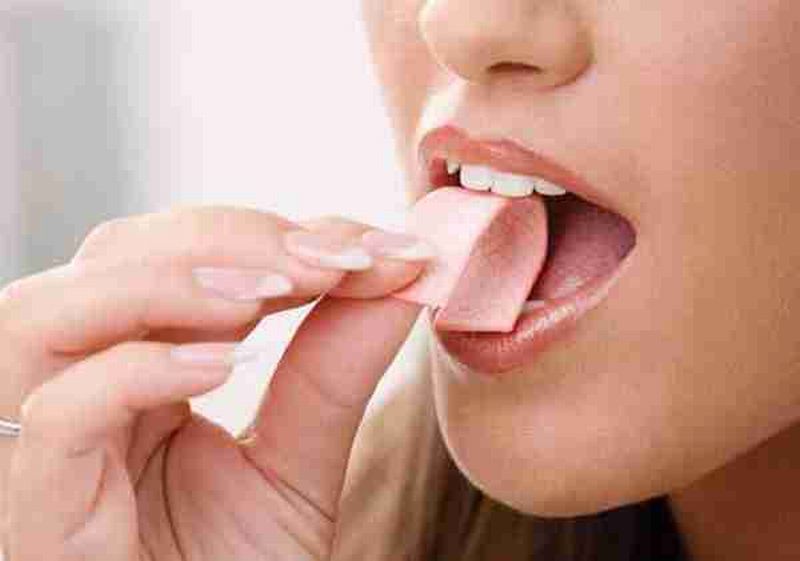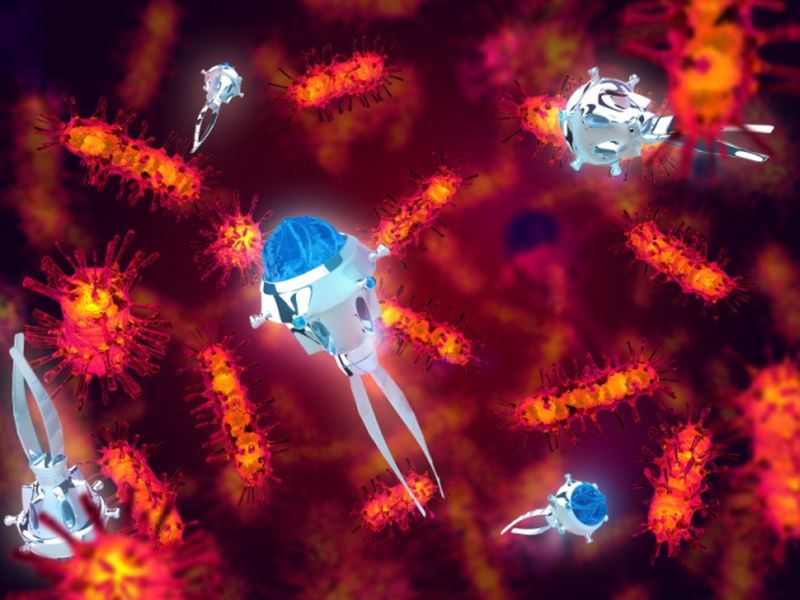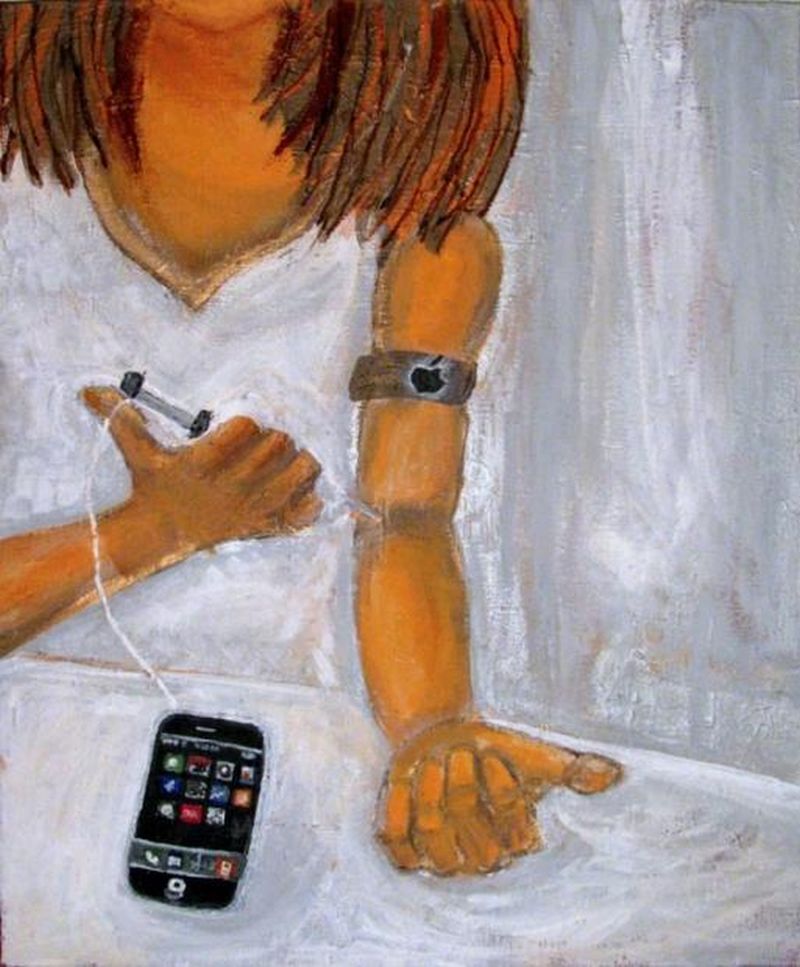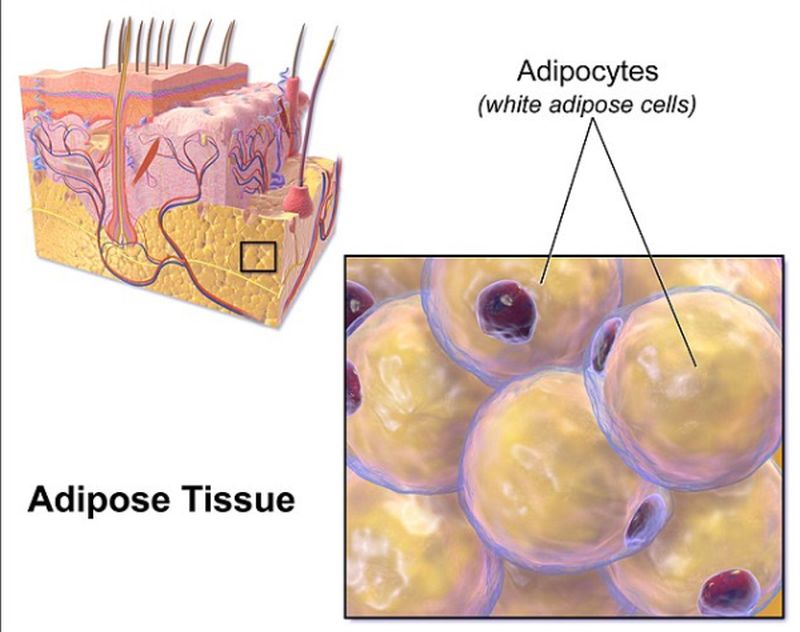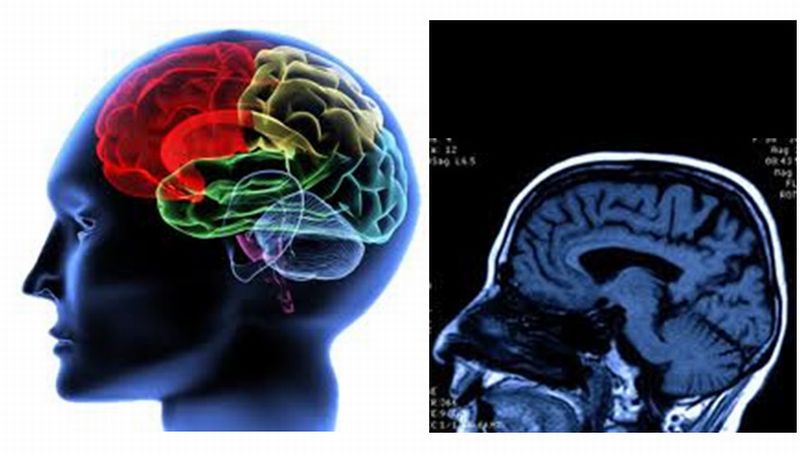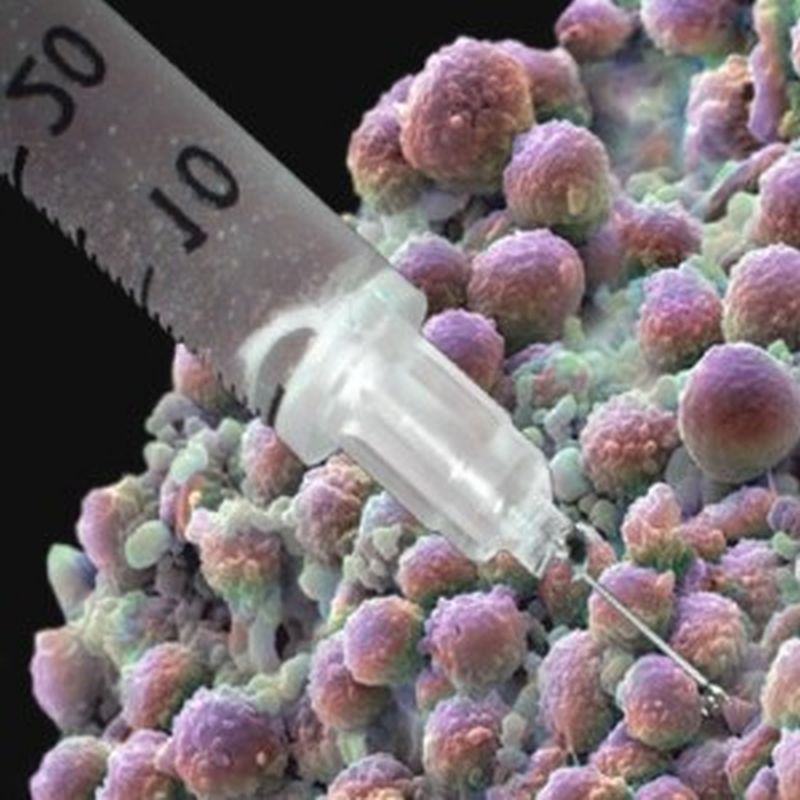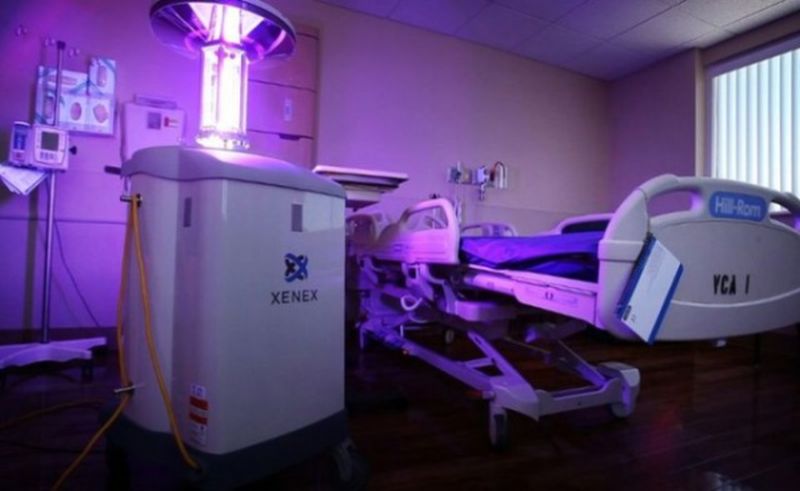Until now, mood swings, weight gain and nausea have been some of the major side effects from birth control pills. Now, brain shrinkage too has been associated with the drug.
Read MoreCategory: Health Tonics
Inheritance of Characteristics are not decided only by DNA: Gene Regulation
It has always been believed that DNA is the storehouse of characteristics that pass-on from one generation to the next. However, there are other materials in a cell as well that can be attributed to passing on the hereditary traits, claimed a set of researchers at University of Edinburgh.
Read MorePerceptive Perfume eclipses Sweating with strong Odour: Body Odour Solution
No one likes the idea of using perfumes or deodorants to do away sweating as a matter of fact, no one likes to sweat except if one is gyming. However, climate change is making summers unbearably hot every year and making humans to sweat more.
Read MoreAnkle Exoskeleton for increasing Walking Efficiency: Better Gas Mileage for Humans
For humans, walking and running is primarily done by ankle hence, it can be considered as the major power source. Researchers at the University of North Carolina and Carnegie Mellon University have built a device called ankle exoskeleton that could be used for stable and easier walking. The device has no batteries and is devoid of any motors and it aims towards lessening the energy cost of human walking. The weight of carbon-fiber device is around 500 grams, nearly as that of a normal loafer.
Read MoreCombating Dental Microbial Infection with Coconut Oil: Oral Hygiene
Researchers at Athlone Institute of Technology (AIT), Ireland tested coconut oil samples on steptococcus mutans, the bacteria that is responsible for dental erosion, and noted that the oil inhibited the growth of the bacteria. Further observation also revealed that the oil was equally harmful to the yeast Candida albicans that leads to oral thrush.
Read MoreRevering Aging Clock at Cellular Level: Extending the Telomeres
In an interesting research in the field of microbiology, experts at the University of Stanford have tried to explore the process that might lead to eternal youth by maneuvering the key that is responsible for making human cells old.
Read MoreChewing of Gum leads to Oral Health: Dental Hygiene
Recent study from the University of Groningen, Netherlands has revealed the positive effect of chewing gums. Chewing of gum not only helps in exercising the facial muscles, but it also helps in contributing maintenance of oral health as it eradicates harmful bacteria from mouths.
Read MoreNanoparticle Compound delivered directly into the Gut Tissue: Self-propelling Nanobots
Experts believe that micromachines or nanobots use in the field of medicine can change the way some of the medical conditions are diagnosed and treated. Using these nanobots, medical payload would be sent directly to the specific injury site. Until now the researchers have achieved to test such micromachines in cell samples under laboratory conditions.
Read MoreSeparation from Cell Phone may cause Anxiety & Unpleasantness: Poor cognitive outcome
Today cell phone has become an integral part of human life and imagining a life without such fancy gadgets is impossible. Earlier cell phones were primarily used for communication, but now they have many more applications. This increase dependency on cell phones is no less than an addiction, which is difficult to overcome. To understand what happens when an individual is distanced from its phone, researchers from the University of Missouri conducted a study.
Read MoreFats Cells Protect against Bacterial Infections: Body’s Defense Mechanism
Most of us work hard to keep fat at bay from our body, the evil leads to obesity and increased level of cholesterol. However, these fat cells lying under the skin actually safeguard the human body from bacterial invasion. The imperative role of fat cells was discovered by researcher Richard Gallo from UC San Diego School of Medicine and explained the valuable role of fat cells also known as adipocytes. He found that adipocytes synthesis molecules termed as antimicrobial peptides, which fight infections and other pathogens. Apart from adipocytes, previous…
Read MoreBell’s Palsy is linked with Migraine: Facial Paralysis
Recent study in Migraine, the neurological disease that causes extreme headaches, has surfaced more than it was thought till now. Not only does the killer pain causes nausea, vomiting, and sensitivity to light, sound, or smell, it also leads to weakness or paralysis of the face called Bell’s palsy.
Read MoreBreast Cancer Cure to come with Fewer Side Effects: Vaccine shows Promise in Trial
Breast cancer is one of the leading cancer types to be reported in females worldwide. Although new and improved techniques for detecting and treating breast cancer have been developed, yet many unfortunate ones succumb to this deadly disease in their battle against it.
Read MoreSuneris VetiGel: Superfast Bioresorbable Clotting Agent
The first and the foremost step in treating any kind of injury is to cease blood loss. Though our body has its own mechanism to stop blood loss through formation of blood clots. But during severe injuries, our body struggle to stop blood loss and excessive blood loss is life threatening. Therefore, scientists are researching to find new ways to minimize blood loss during injuries.
Read MoreXenen Disinfection Robot: A Silent Ebola Killer
Ebola disease is one of the most discussed topic these days. Vaccines or specific treatment for the deadly Ebola virus is not yet found. And therefore, medical expert emphasize on taking necessary precautions.
Read MoreSupplements do not Enhance an Individual’s Cognitive Performance: Balanced Diet is the Key
For long, B group vitamins, especially B6, B12 and folic acid has been considered playing a pivotal role in keeping the human’s brain healthy. They are known to boost memory and avert risk of disease such as Alzheimer’s disease. Because of these benefits, the vitamin B has become a part of a healthy diet.
Read More
